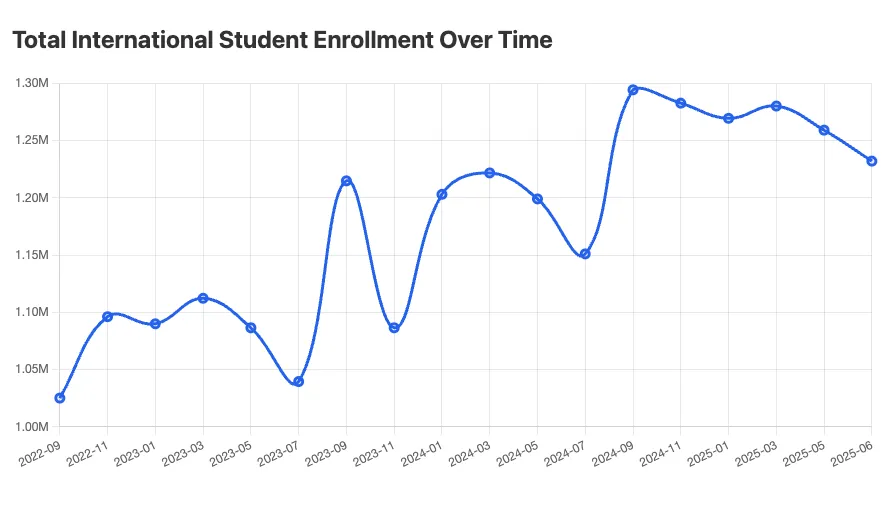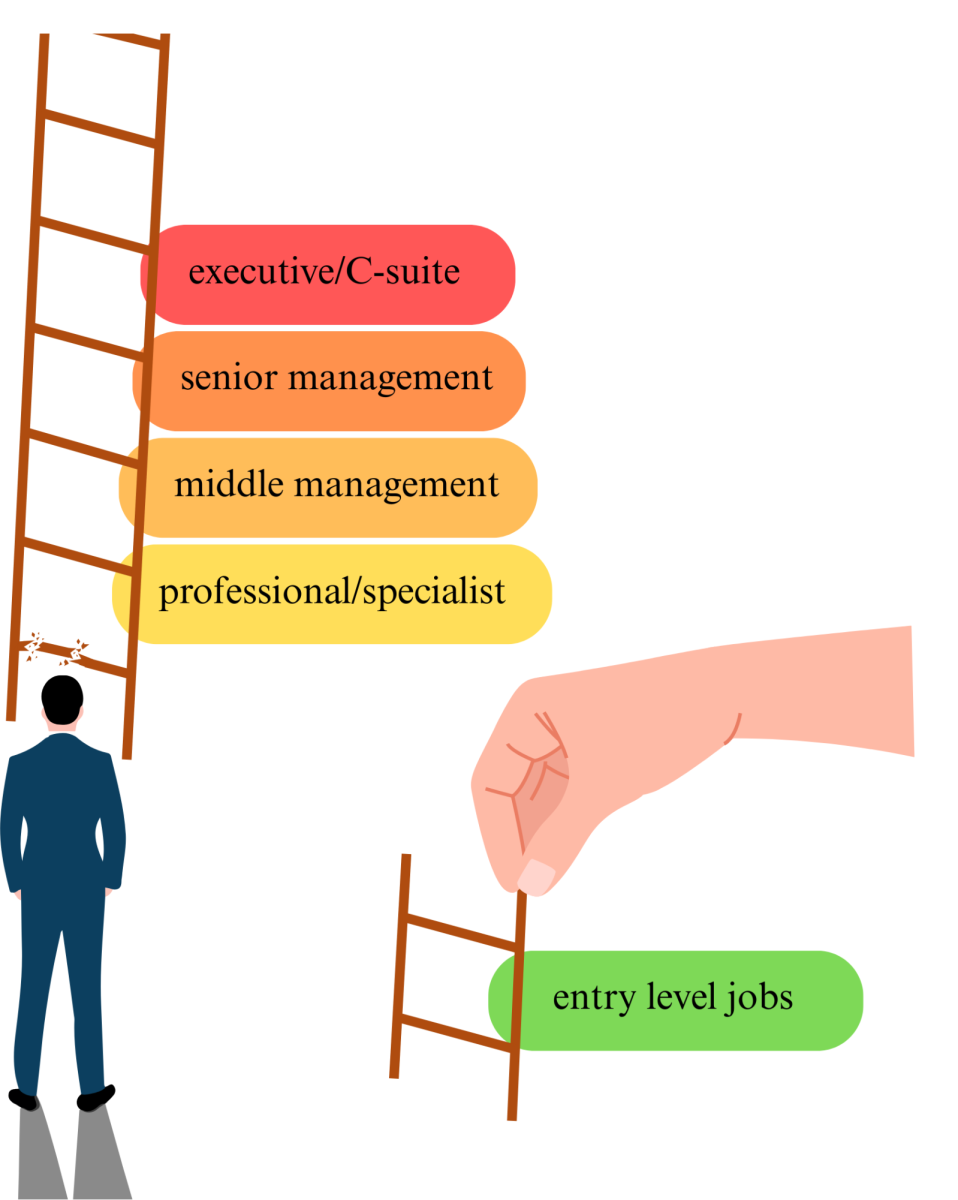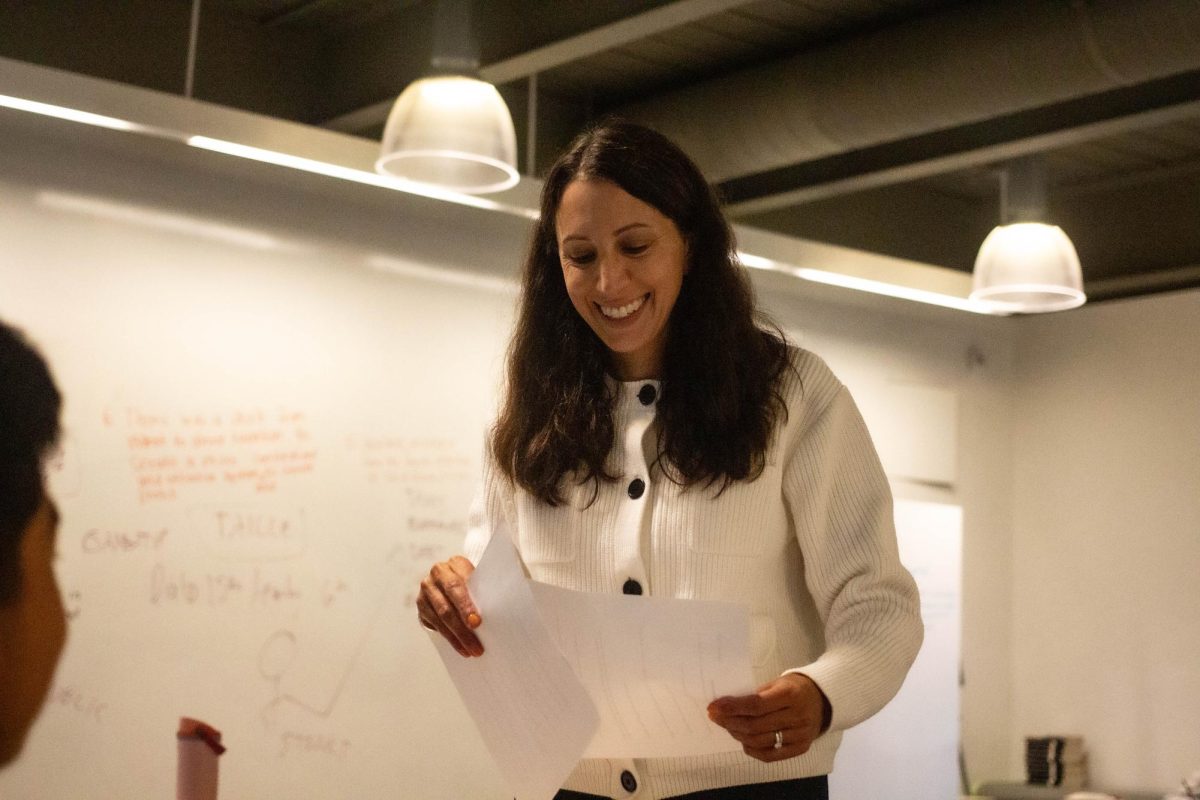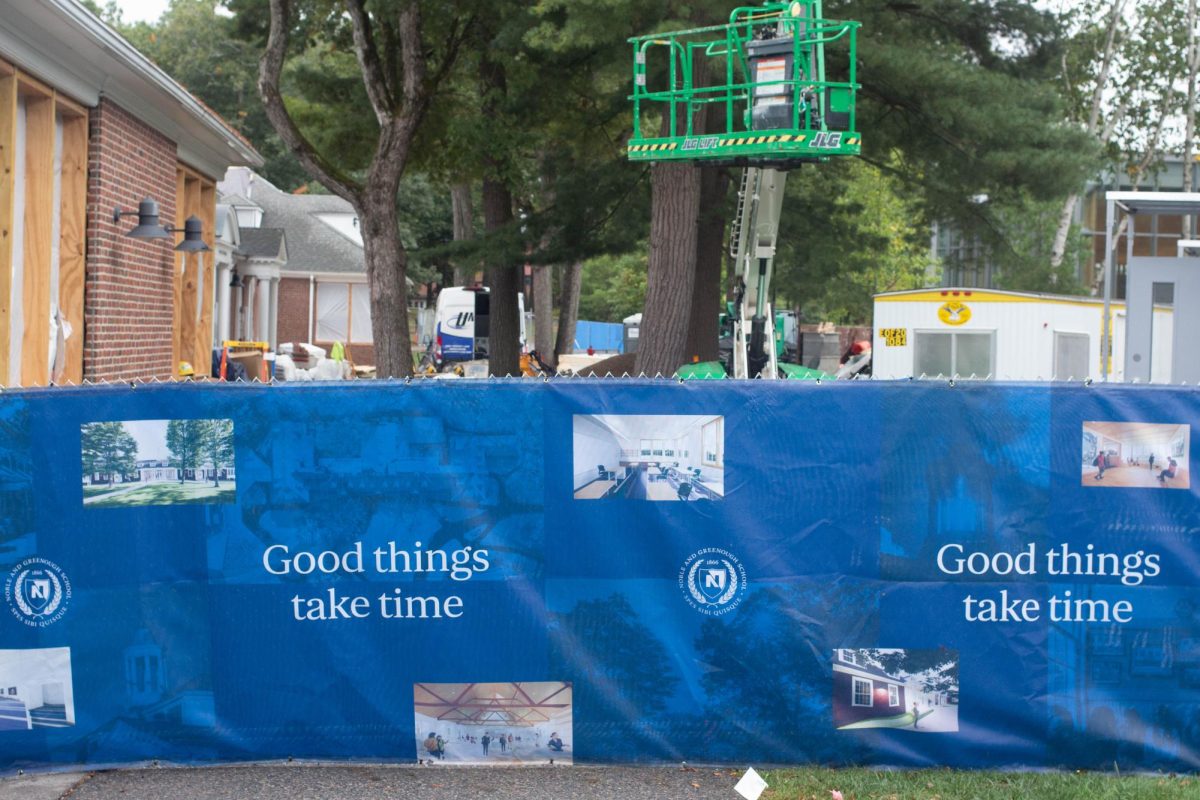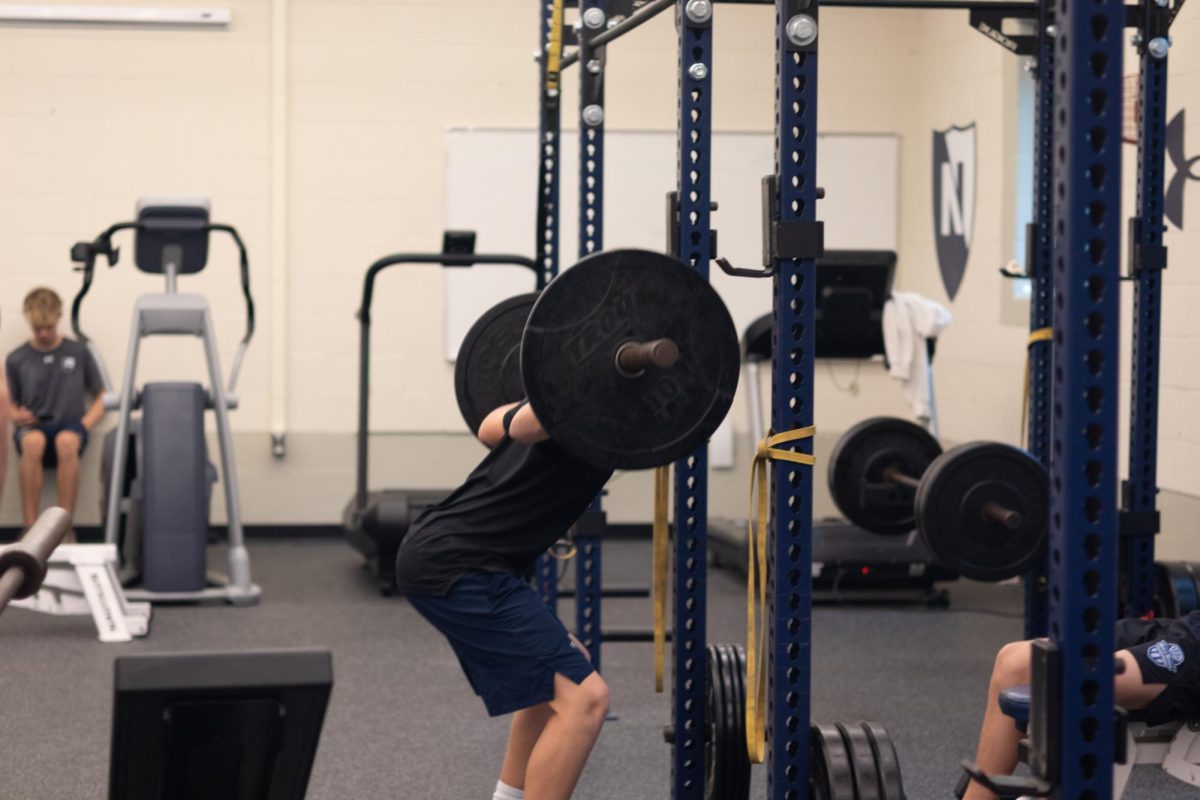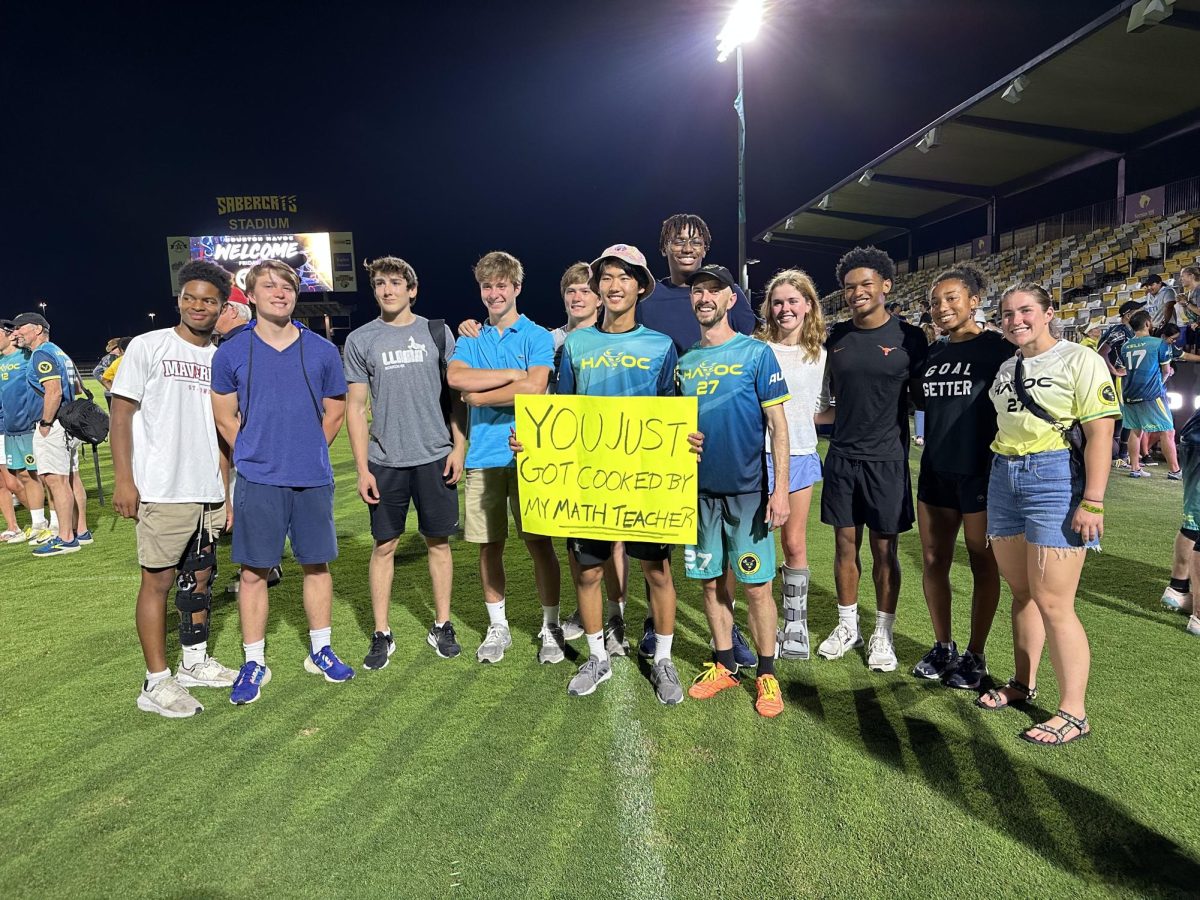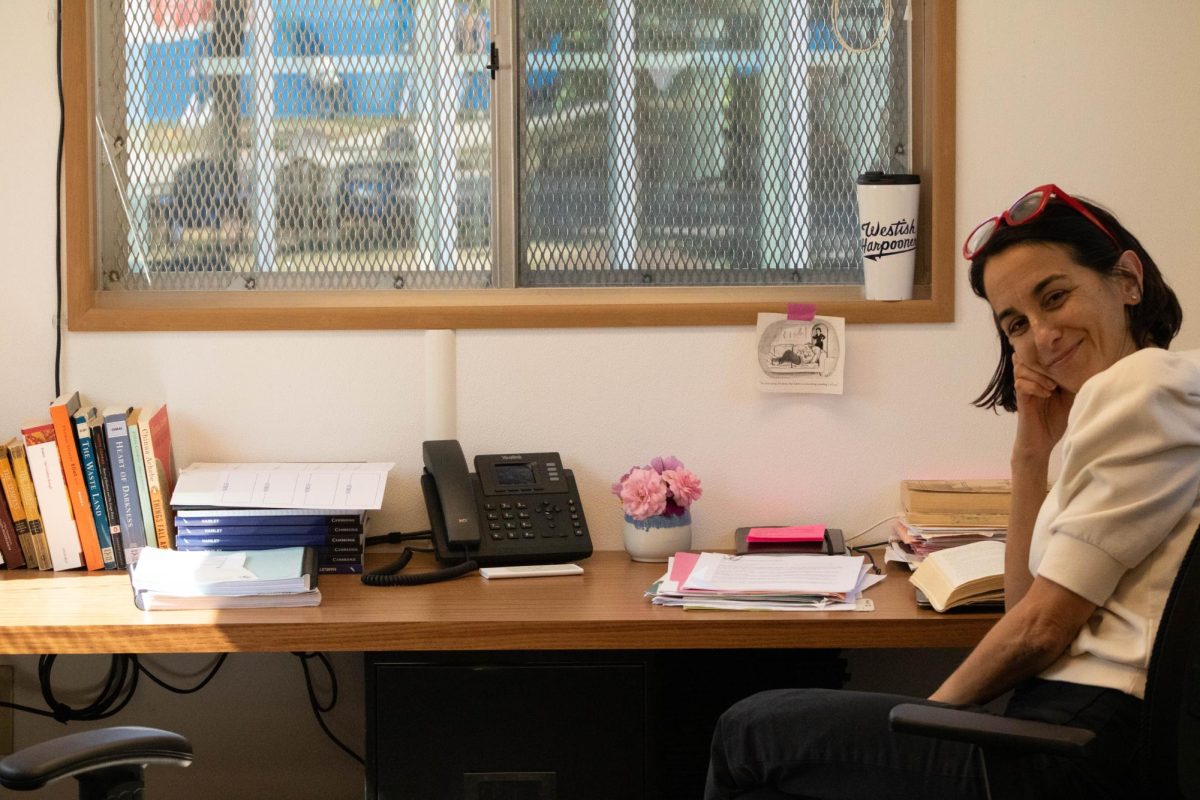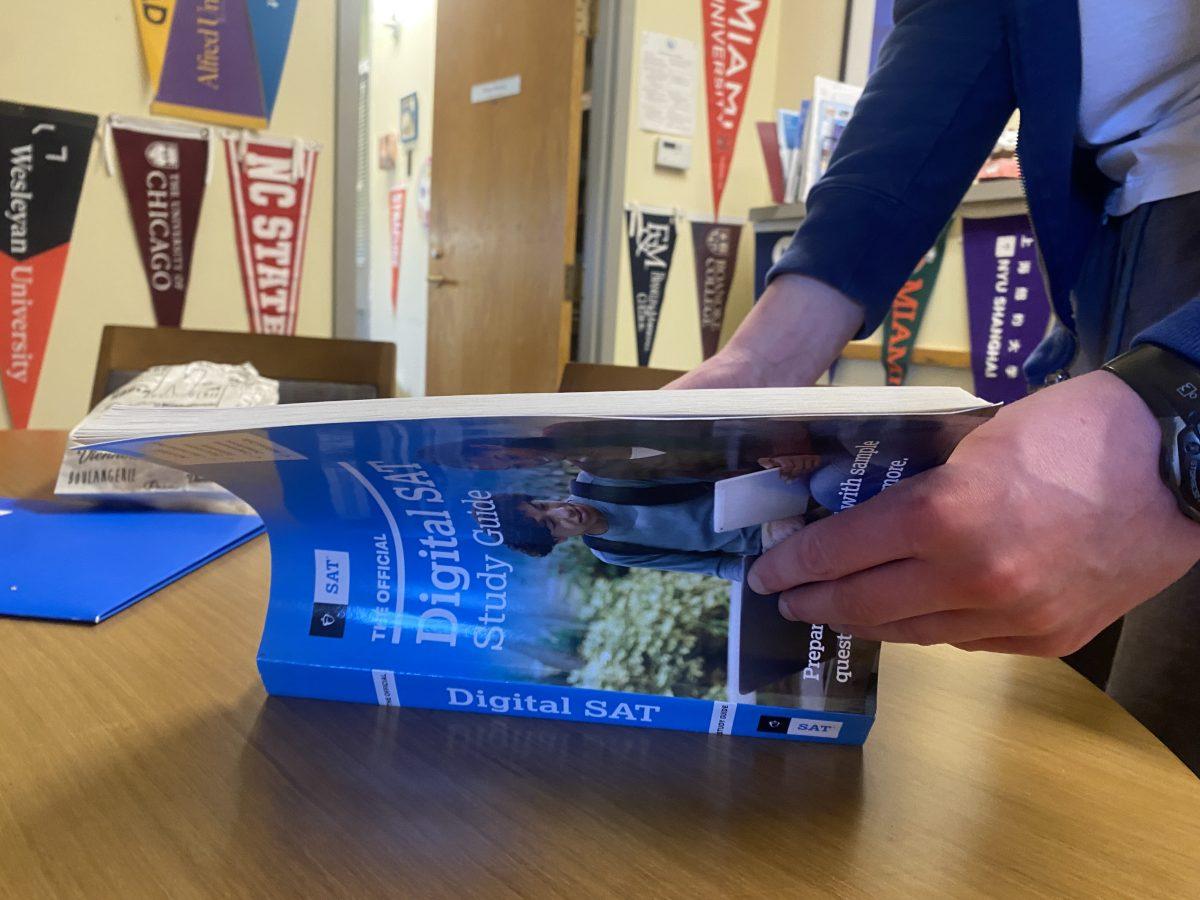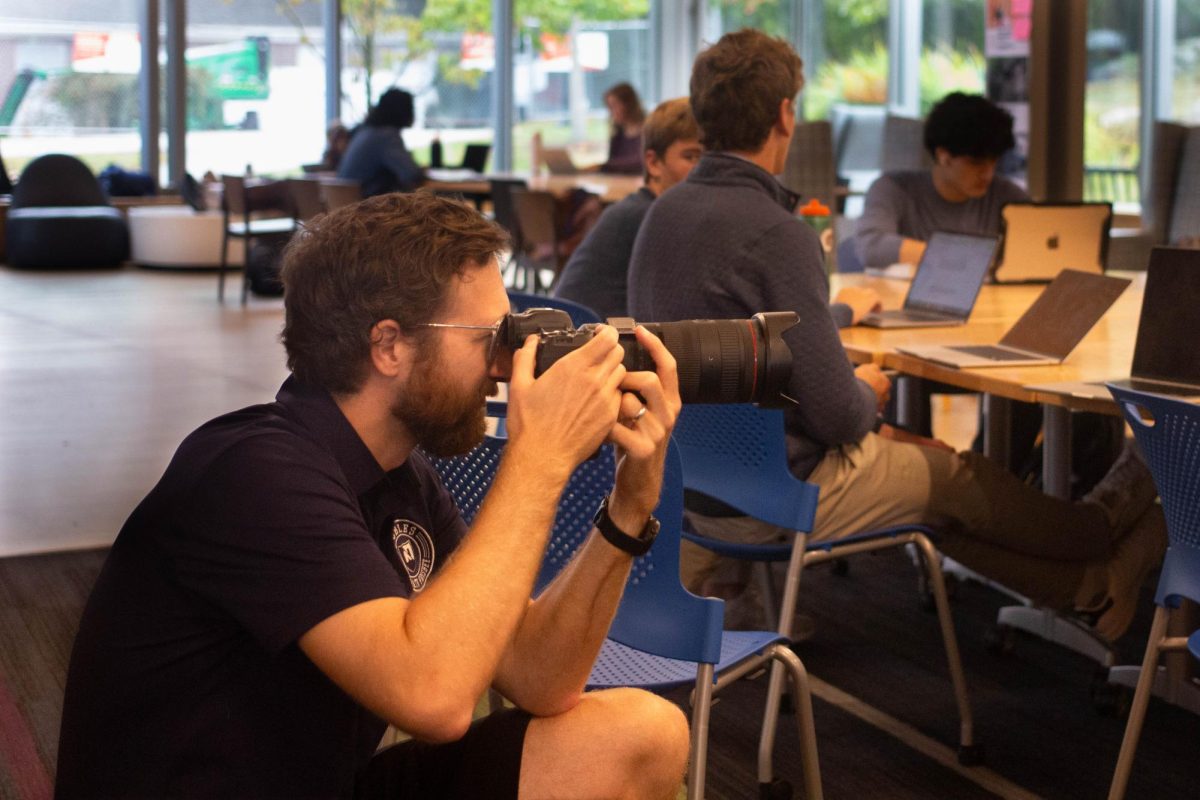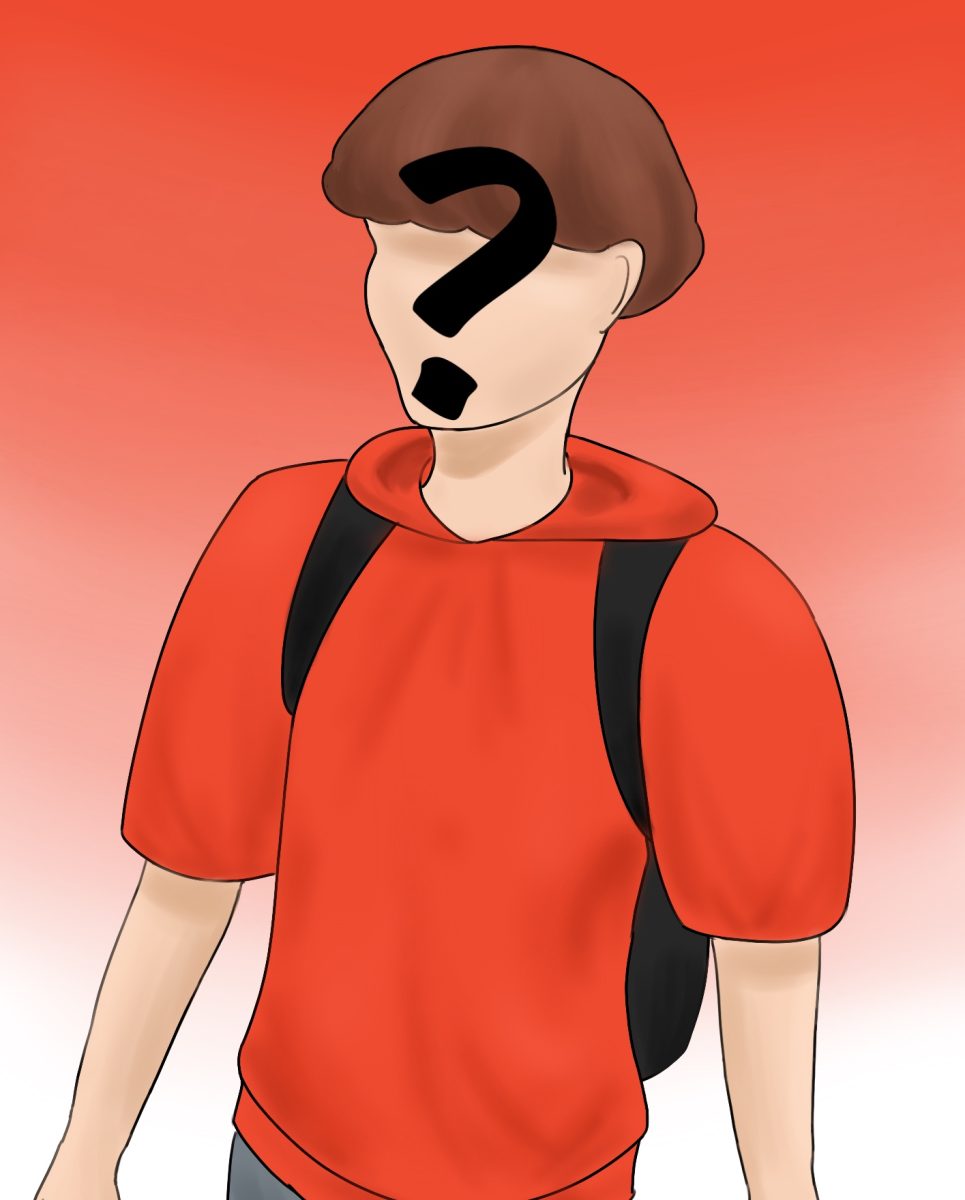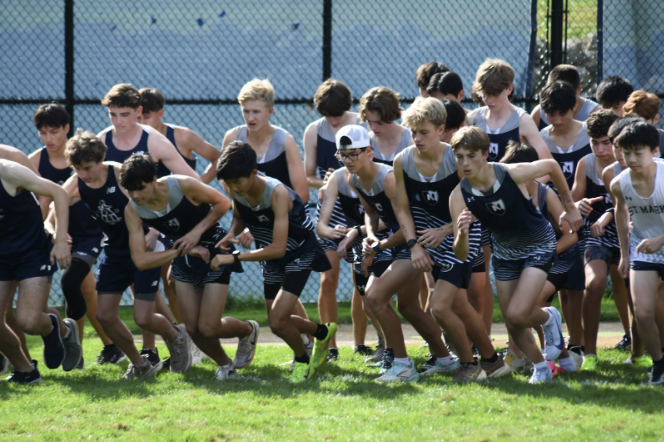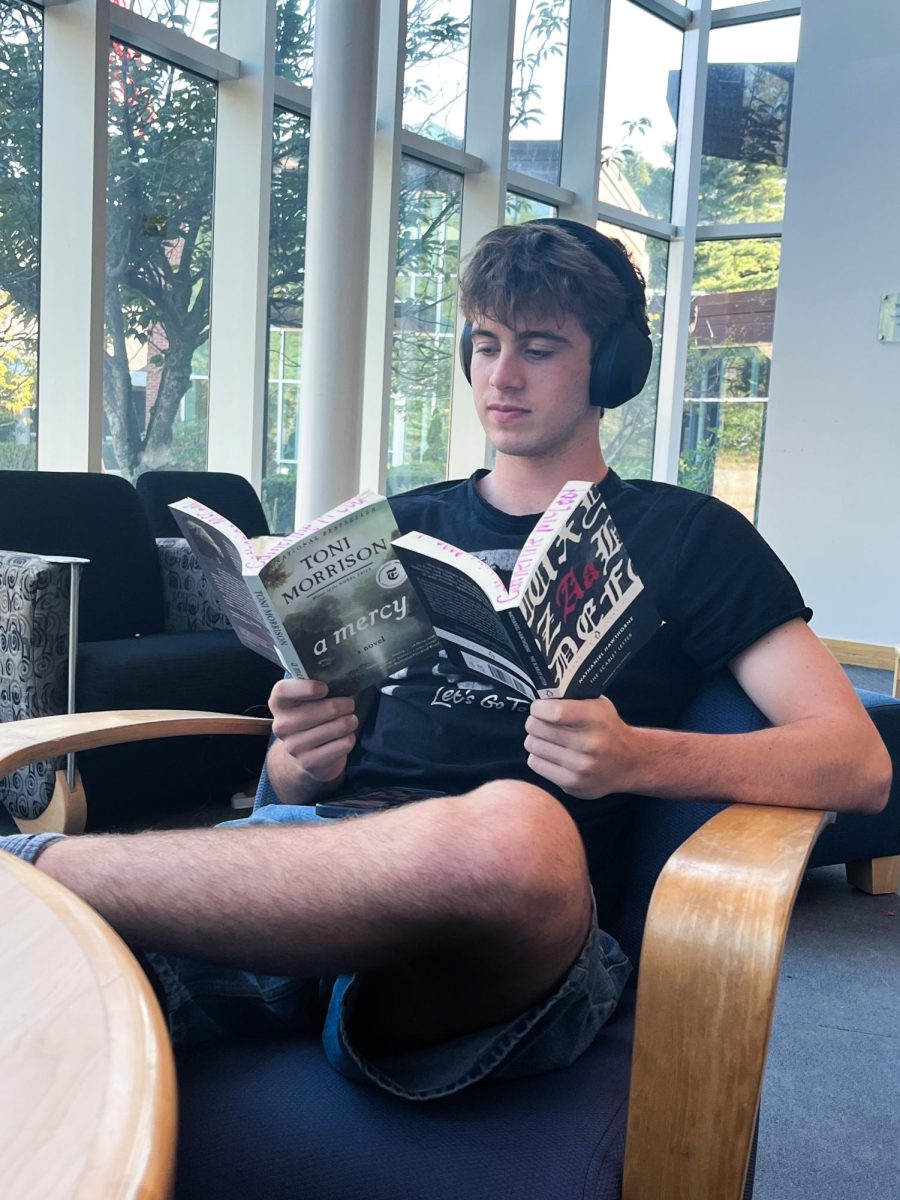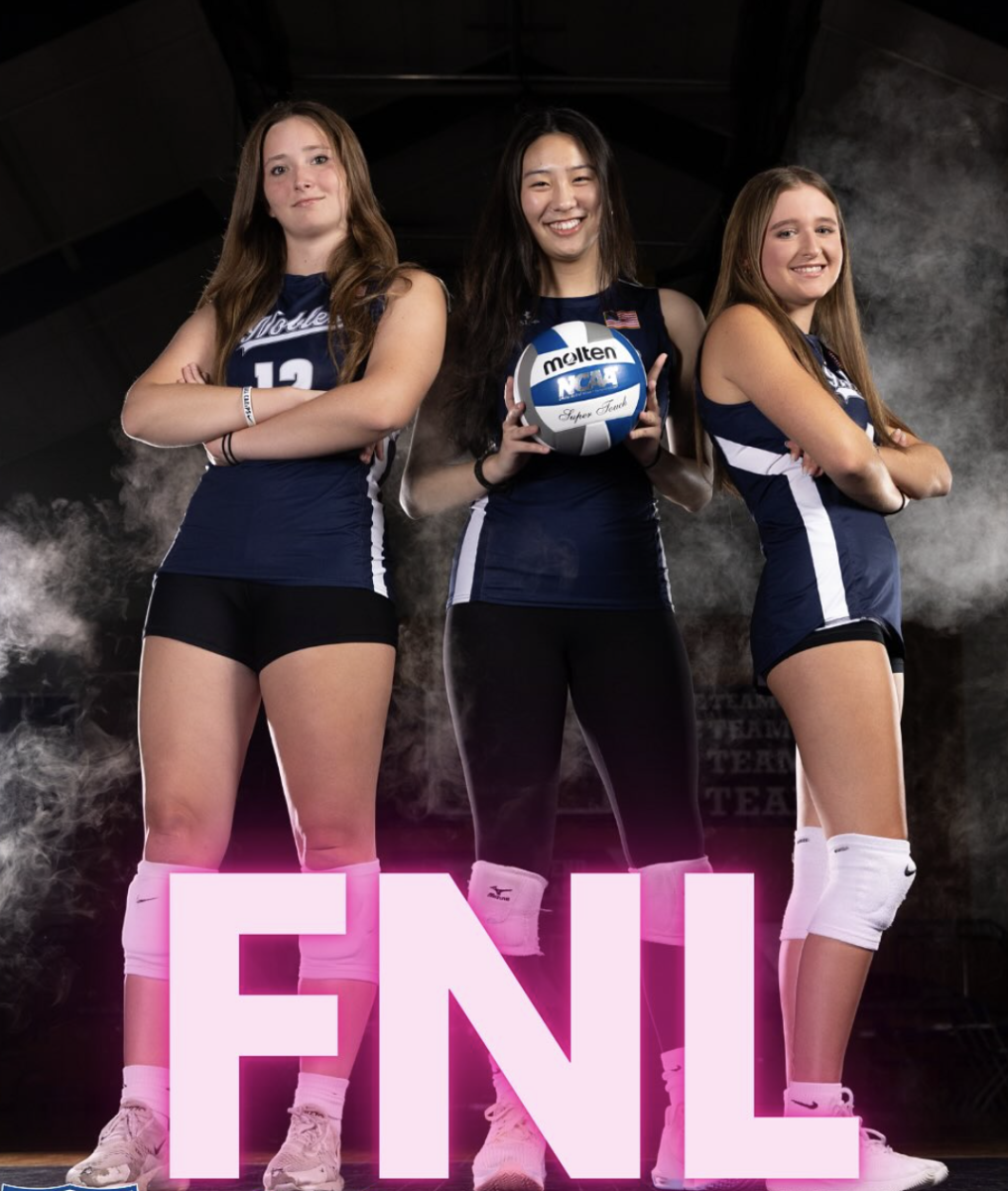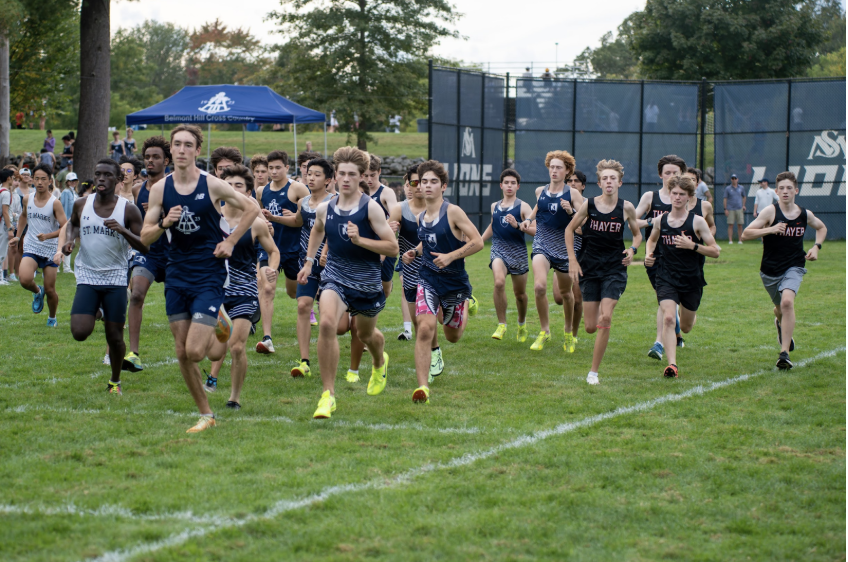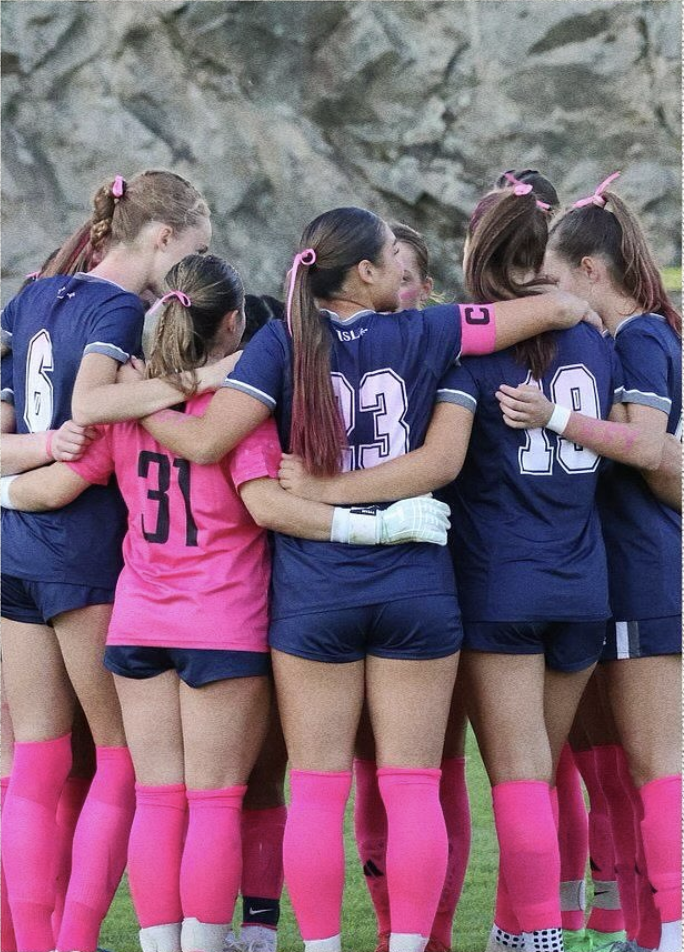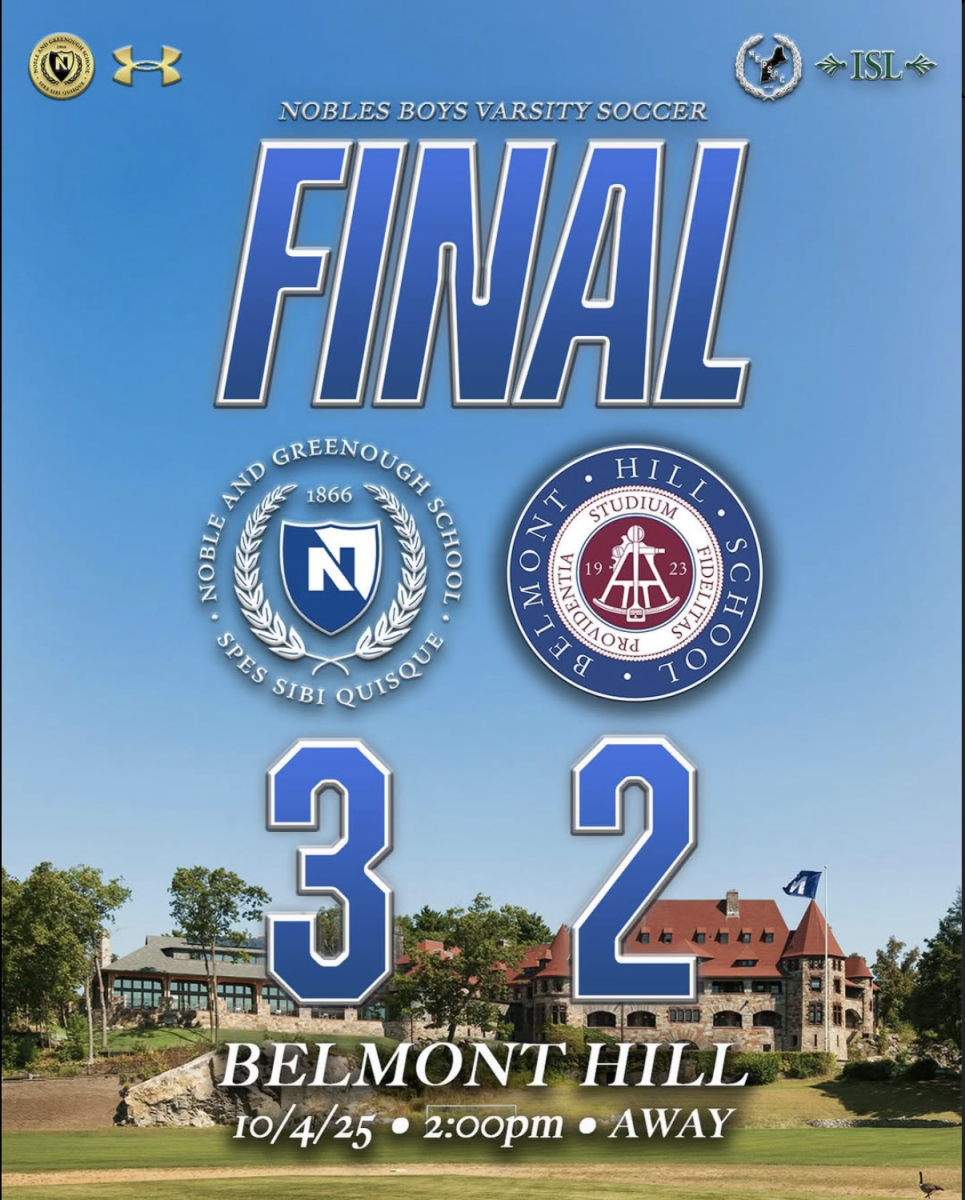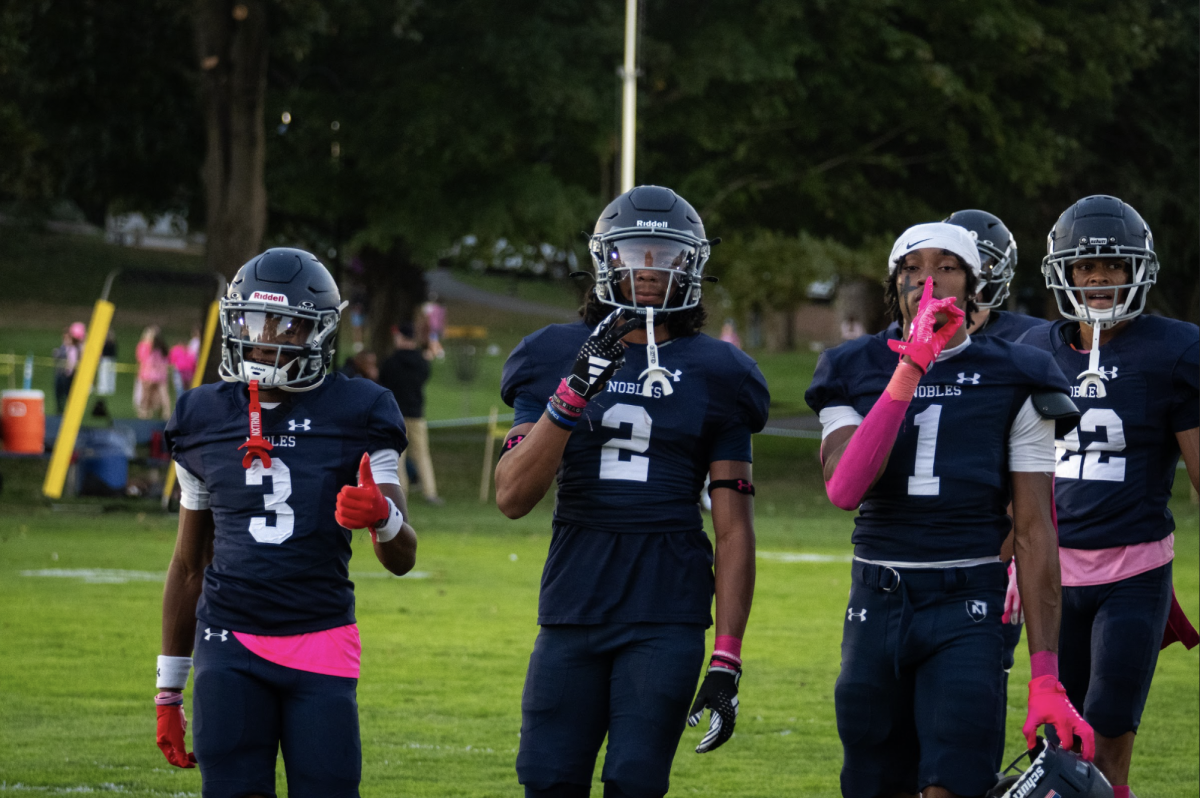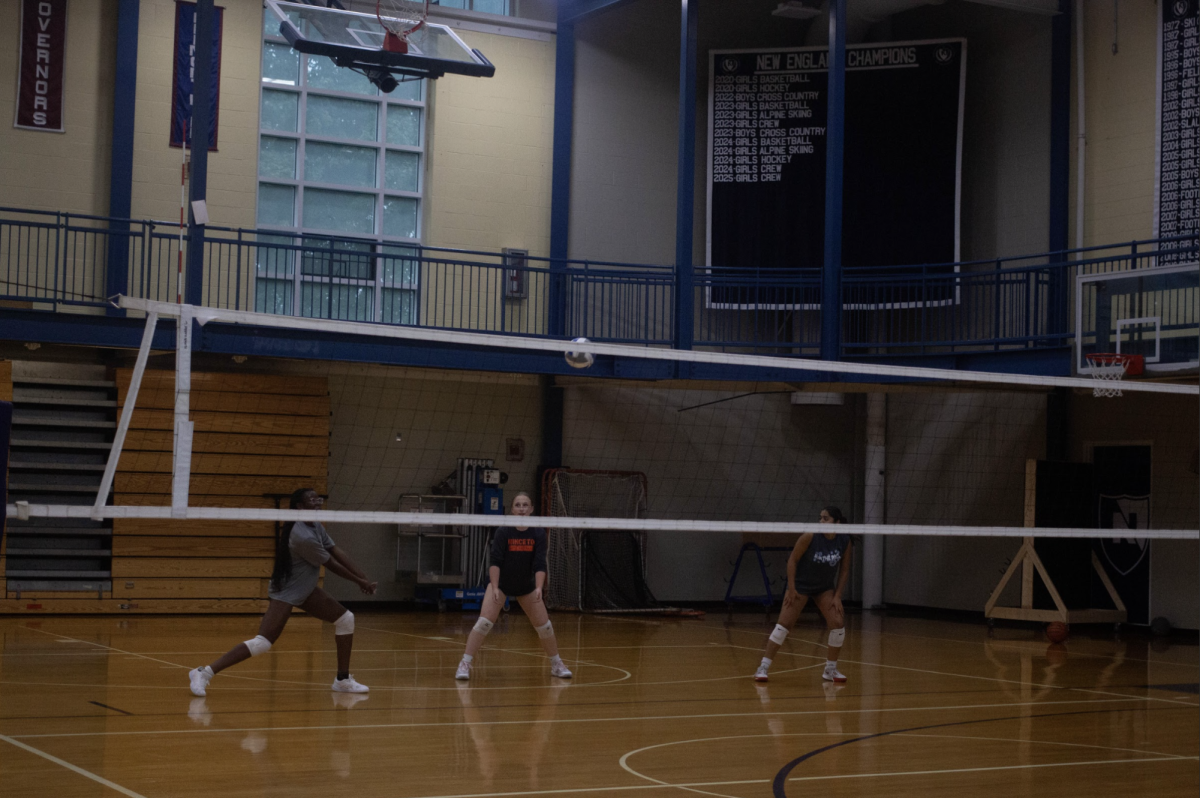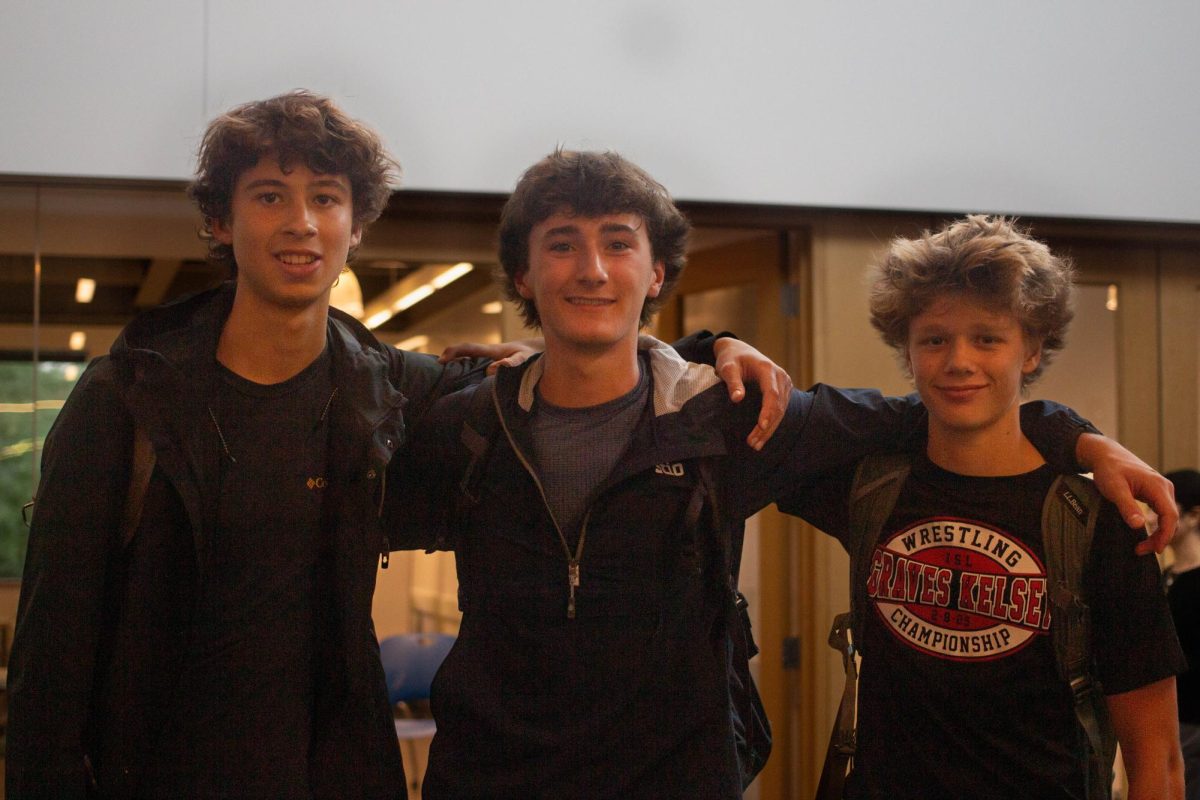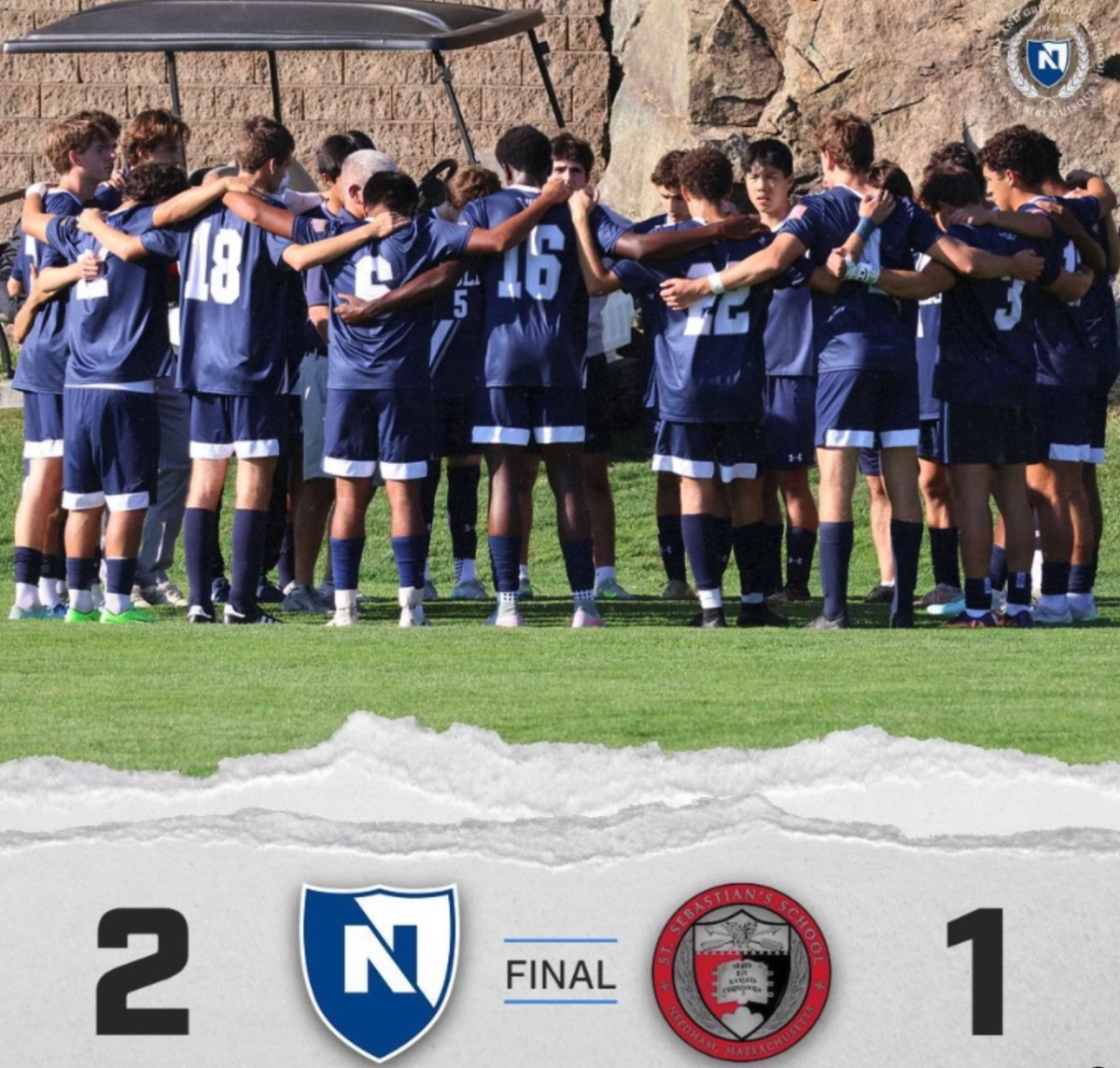“I was walking between periods to go from a meeting to a class, and I was going to drop a player to pick up another. I accidentally dropped Baker Mayfield, and my phone was going nuts during the whole class,” Chief Equity Officer Edgar De Leon said.
By the time he had realized his tragic mistake, someone in his league had taken one of his best players. De Leon has been in fantasy leagues every year since he was in college with the same group of friends. He uses the app Sleeper, which allows him to play in a two-quarterback league, differing from a typical one-quarterback league; his league makes players rely heavily on quarterback production to win. Dropping the fourth-ranked quarterback in fantasy last year was a costly mistake that required days of league deliberation to sort the situation out.
For 18 weeks every school year, countless students and faculty rigorously prepare their fantasy football rosters for the upcoming schedule of NFL matchups. The game works by the user drafting a roster of 16 players, each draftee a real player from the NFL, and then managing their team, akin to a General Manager in the NFL. Leagues are usually made up of 8-14 teams, managed by different users.
Fantasy football is a means of communication for many.
“It is a really good way to make friends, it is an easy conversation topic, and you can always talk to someone about how your team did that week,” Carson Hayden (Class II) said.
In Hayden’s opinion, the ability of new Nobles students to have something easy to talk about in any situation is extremely valuable. Mathematics Faculty Elliot Sakach became involved in the phenomenon to connect with his friends on a different level.
“Being affiliated with the league and a co-owner of a team means I can participate in a very lively team group chat, and that is essentially how our friend group stays in touch,” he said.
A desire to win the league and hold bragging rights for an entire year strengthens the connection among players. De Leon has a system for drafting his roster every year.
“I get on ESPN, go through the top 100 on the stats from last year, and then I do multiple mock drafts where a grade is given to you. I do different situations on who to draft,” he said.
De Leon has had several successful seasons in his league, but has never managed to win the playoffs. Typically, the last three to four weeks of the NFL season are the playoffs, where teams compete to play in the league championship through a bracket. A player’s success during the regular season is necessary to participate in the playoffs, with the overwhelming majority of leagues having cutoffs for the bottom 2-4 teams. Naeem Logan (Class II) has had many successful seasons as a player:
“I win at least one league a year, at least, on average.”
Fantasy football delivers glory to the winner of the league, but also supplies awful shame to those who lose it. De Leon’s league, managed by Middle School Dean and Director of Diversity Efe Osifo, gives the loser a trophy resembling a toilet every year. The punishment for Logan’s team is arguably worse and much more physically demanding for the 2025–2026 NFL season:
“You have to go to the gym and do 500 pushups, and if you can’t do the pushups in one day, you have to go the next day and repeat the process,” he said. This unfortunate and exhaustive task gives Logan and others in his league the motivation not to lose their league. Hayden’s league has an equally grueling punishment to Logan’s.
“The loser has to jump in the Charles River outside Nobles and tread water for 30 minutes,” Hayden said.
Determination to win can only be outshone by the desire not to lose, but the camaraderie that comes along with experiencing terrible trades and punishments as a group is all just a part of the game.
“Keeping up with sports in this way, through fantasy, certainly connects people across different ages, all kinds of different backgrounds and demographics, bringing people together in a really awesome way,” Sakach said.

